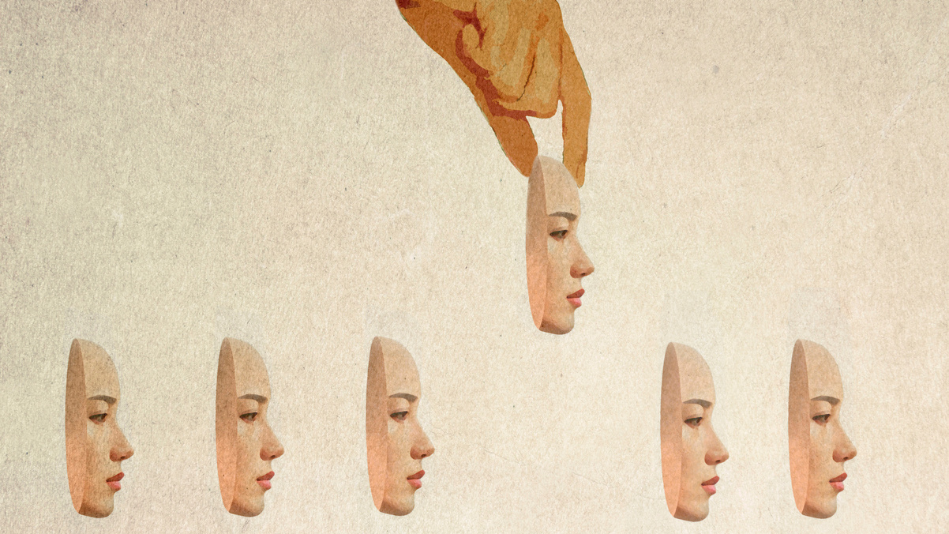Are You Living Behind a Mask?
Do you ever feel the true you is hidden, even from yourself? There's only one way to get real: by reclaiming emotions you learned to bury a long time ago.

Photo: Westend61/Getty Images
In my nearly twenty years as a psychiatrist, I've had my share of learning experiences. But one of the most life-changing lessons came before I'd even begun my formal training. I was 26 and had just summoned the courage to venture into my own therapy. It was a big step for me. Despite being a caretaker in my intimate relationships, happy to listen to the revelations of lovers and friends, I was afraid of the self-disclosure that therapy might require. But I went, because I was bothered by a peculiar feeling of unreality. I felt like a facsimile of a person, although I couldn't say why. I was hoping to break through the sense of living behind a mask.
In my first session with my new therapist, I struggled to explain to him what I wanted to accomplish. I was a good nurturer, I told him, but I was vaguely dissatisfied in that role. The feeling of emptiness and falseness that surrounded me like a smoky haze seemed to limit my capacity for truly intimate relationships. My therapist listened appreciatively, but then he startled me by appearing to change the subject. "Are you aware of your posture right now?" he asked me. "Notice the way you're sitting." I remember thinking, What's wrong with the way I'm sitting? I wasn't at all aware of what my body was doing. Shifting my attention, I found that I was perched precariously on the edge of the seat; there was nearly a foot of space between my body and the back of the chair. I suddenly became conscious of how uncomfortable it was to be teetering because I wasn't planted firmly on a base.
"You give yourself no support," my new therapist murmured. I knew immediately he was right—and I also felt that in some way my sense of falseness was connected to that lack of support.
I had made the first step toward removing the mask. With the help of my therapist, I came to see that my inability to support myself physically reflected an inability to support myself emotionally. Noticing my body was the prelude to acknowledging a whole set of feelings that I had pushed away because they seemed unacceptable. Eventually I discovered that I had learned to hide my true feelings from myself in childhood, when expressing anything but positive emotions seemed to displease adults. What kept me from feeling real as an adult was this learned inability to recognize, feel and act on a full set of emotions, negative as well as positive. My interactions with others seemed false because they had no firm foundation in real feelings.
Next: How people experience feelings of falseness



